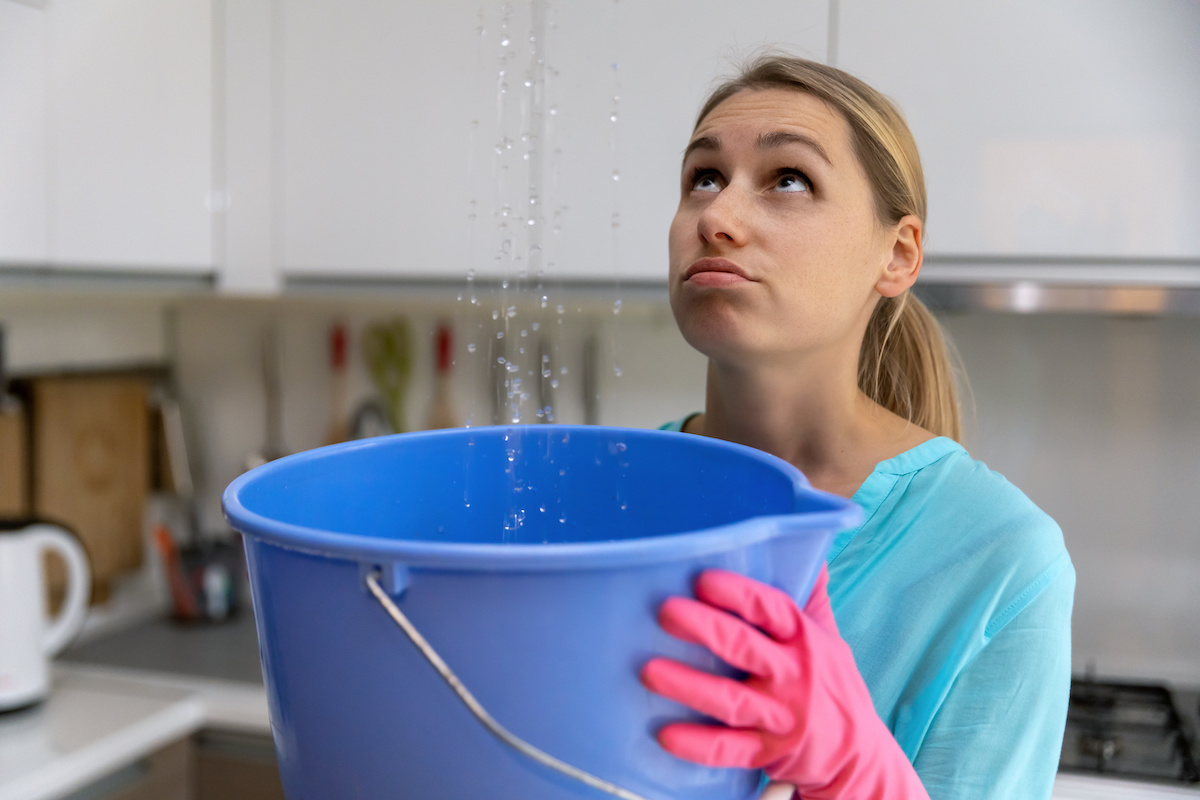Your Residential Most Typical Leak Factors: Analysis
Your Residential Most Typical Leak Factors: Analysis
Blog Article
Here in the next paragraph you can discover a good deal of exceptional content on the subject of Most Common Causes of Leaky Pipes.

Leakages not just trigger waste of water but can likewise create unneeded damage to your residence and also promote unwanted natural growth. By looking and recognizing for daily situations that cause leakages, you can protect your house from future leakages and unneeded damage.
Immediate temperature level adjustments.
Extreme temperature level modifications in our pipelines can trigger them to expand and also get all of a sudden. This expansion and contraction may cause splits in the pipelines, specifically if the temperature level are below freezing. It would certainly be best if you watched on exactly how your plumbing works. The existence of the formerly pointed out conditions regularly suggests a high risk.
Rusty water systems
As time passes by, your plumbing system ages as well as corrosion such as rust may start eating away the pipelines. This may be the root cause of staining or warping on your water pipes. This asks for an assessment with your plumber right away. If our plumbing system is old, consider changing the pipelines since they go to a higher risk of deterioration than the newer versions.
Malfunctioning Pipe Joints
The point at which your pipelines link is often the weakest web link in the waterline. Pipeline joints can degrade gradually, leading to water leakages. The majority of pipe joints are not quickly visible. If you have noisy pipelines that make ticking or banging sounds, particularly when the hot water is switched on, your pipe joints are possibly under a lot of pressure. It is suggested to have your plumber inspect your system once a year.
Elbowing in roots
A lot of water leakages start outside the home rather than inside it. You could notice wet patches or sinkholes in your backyard, and also that could mean that tree roots are invading water lines creating water to permeate out.
Poor Water Connectors
At times, a leak can be triggered by loose tubes and also pipelines that provide your home appliances. In instance of a water links leakage, you might observe water running directly from the supply line or puddles around your home appliances.
Blocked Drains
Obstructed drains pipes might be annoying and also inconveniencing, however they can sometimes end up creating an overflow bring about break pipes. Keep removing any type of products that might decrease your drains pipes that could clog them to avoid such aggravations.
All the above are causes of leaks yet not all water leaks arise from plumbing leakages; some leakages could originate from roofing leaks. All leakages need to be repaired right away to avoid water damage.
Leaks not just cause waste of water however can also trigger unneeded damage to your house and also advertise unwanted natural growth. By looking as well as understanding for daily scenarios that create leakages, you can secure your residence from future leaks and also unnecessary damages. Today, we will certainly look at 6 leakage creates that may be causing your pipelines to drip.
At times, a leak can be caused by loose hose pipes and pipelines that supply your appliances. In case of a water connections leak, you might see water running directly from the supply line or puddles around your appliances.
How To Check For Water Leak In Your Home
How To Check for Leaks
The average household's leaks can account for nearly 10,000 gallons of water wasted every year and ten percent of homes have leaks that waste 90 gallons or more per day. Common types of leaks found in the home are worn toilet flappers, dripping faucets, and other leaking valves. These types of leaks are often easy to fix, requiring only a few tools and hardware that can pay for themselves in water savings. Fixing easily corrected household water leaks can save homeowners about 10 percent on their water bills.
To check for leaks in your home, you first need to determine whether you're wasting water and then identify the source of the leak. Here are some tips for finding leaks:
Take a look at your water usage during a colder month, such as January or February. If a family of four exceeds 12,000 gallons per month, there are serious leaks.
Check your water meter before and after a two-hour period when no water is being used. If the meter changes at all, you probably have a leak.
Identify toilet leaks by placing a drop of food coloring in the toilet tank. If any color shows up in the bowl after 10 minutes, you have a leak. (Be sure to flush immediately after the experiment to avoid staining the tank.)
Examine faucet gaskets and pipe fittings for any water on the outside of the pipe to check for surface leaks.
Undetected water leaks can happen without the home or business owner even realizing. If you suspect a water leak, but not able to find the source. It is time to contact a professional water leak detection service, The Leak Doctor.
How To Find a Water Leak In Your Home
https://www.leakdoctor.com/blog/How-To-Check-For-Water-Leak-In-Your-Home_AE197.html

We hope you enjoyed reading our article on How to detect water leaks in your home. Thanks for finding the time to read through our short article. Sharing is good. Helping others is fun. Thanks a bunch for your time. Kindly check our website back soon.
Effective fix? Call! Report this page